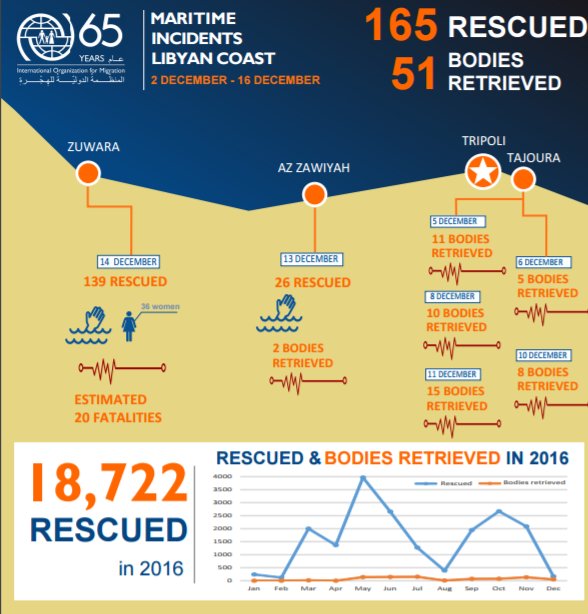By Libya Herald reporters.
Tripoli/Misrata, 19 December 2016:
There is growing public concern in Tripoli that statements from Misrata and Zinatan military councils rejecting military action in Tripoli could in fact result in fighting in the city.
Zintan military council issued a statement last week saying that it would not be involved in any military action in the capital or the surrounding area. This was followed by a meeting in Misrata on Sunday of representatives from its military council and those of Zintan and a number of other Jebel Nafusa towns as well as Sabratha at which they called for the Presidency Council to appoint a chief of staff to head the Libyan armed forces.
Separately, Misrata Military Council also announced that it too would not accept any military action in Tripoli.
The statement about not allowing military action is, however, seen as a thinly-veiled threat to pro-Hafter forces that they will be confronted if they try to enter the capital.
Last week, Hafter called on Libya National Army officers in the country to be ready for the march on Tripoli.
Moreover, while on the surface it would seem that Zintan and Misrata are now willing to collaborate in defence of Tripoli, there is realisation in the capital that both places are in fact deeply divided and that the military councils do not necessarily represent public opinion or military power in their cities and towns.
Zintan’s military council is headed by Usama Juwaili. Allegedly close to the Muslim brotherhood, his influence is declining. The real military power in Zintan is the Abu Bakr Brigade. Led by Al-Ajmi Al-Atairi, it is the group that holds Seif Al-Islam Qaddafi. Last week, he reportedly reiterated Hafter’s appeal, and called for mobilisation throughout the west of the country ahead of taking Tripoli.
The Misratans are equally divided.
The official political and military leadership in the city backs the Presidency Council. It was it that led the move in Sunday’s meeting with military councils from the Jebel Nafusa to demand the PC appoint a supreme commander to the Libyan army.
But there are Misratans who do not support the PC. These include some 33 Misratan militias still in Tripoli, among them Salah Badi’s Jabhat al-Samud (Steadfastness Front), and the Mahjoub brigade. They too are split. Some back Khalifa Ghwell and plans for a new joint government with the Thinni administration in Beida. Others want Islamist revolutionaries to run the country.
Meanwhile, in a press statement about Sunday’s meeting, Misrata military council spokesperson Ibrahim Beitelmal said that it had been agreed by those attending that a chief of staff had to be appointed urgently. The PC also had to implement other decisions have been taken by the military meeting held in Tripoli in October.
“ We have discussed the very slow moves of the PC in regard to appointing a supreme commander to the Libyan National Army (LNA) although at our meeting in October we had stated that this thing must be done within 30 days,” he said.
“ We have prepared a full proposal about the army hierarchy which will be submitted within days to the PC for it approve it without delay,” he added.
The military councils at the meeting were those of Misrata, Nalut, Jadu, Sabratha, Zawia, Kabaw and Gharyan.
It is thought that the PC is too divided to appoint a chief of staff. At a conference last week in Tunis on international support for the PC’s Presidential Guard, questions were asked as to who was in charge of the armed forces supposedly under the PC’s control. The questions were left unanswered.








